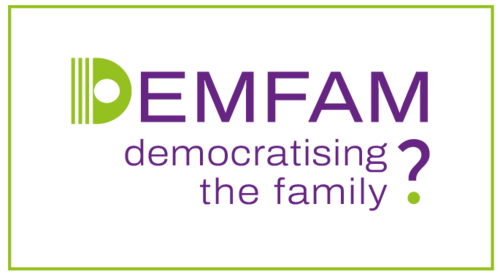About
Through the lens of shared and equal parenting, DEMFAM studies the transformation of gender and the family in contemporary global history. First, it studies a shift from hierarchical to egalitarian conceptions of family relations, or a democratisation of the family. This entails the equalisation of parental rights within and outside the domain of heterosexual marriages, which coincided with the harmonisation of the rights of marital and non-marital children. The emergence of post-familial care arrangements, secondly, led to a denser regulation, or juridification of co-parenting. Inner-familial power shifts were accompanied by a reconfiguration of family-state relations. The project investigates the development of judicial and extra-judicial institutions (including family courts, social work interventions, and mediation agencies) which aimed to promote parental cooperation and safeguard child welfare in familial conflict situations. Finally, it shows how parental rights assumed centre stage in the twenty-first century's gender wars, or the politicisation of gender, sexuality, and the family in struggles over national and religious identity, liberalism, and democracy.
